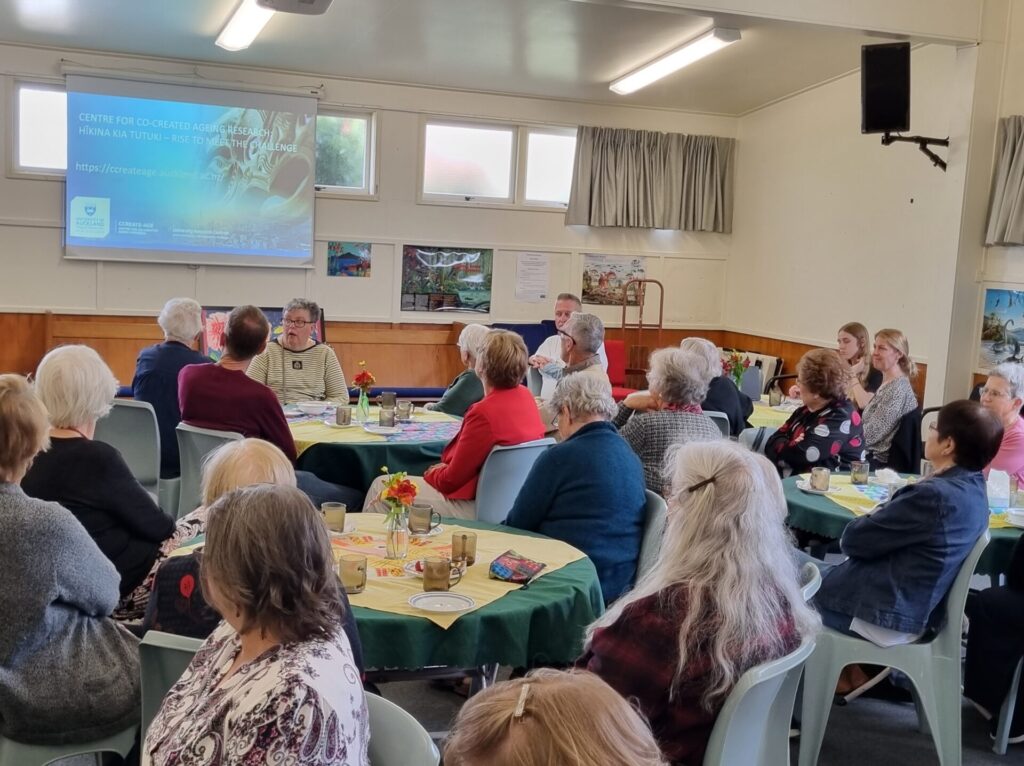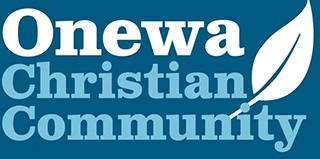At our community breakfast on 15 October, Professor Burholt spoke about a new centre at the University of Auckland that has the mission to focus on developing co-created ageing research. Research must address the needs and aspirations of older people for improved health, wellbeing and human flourishing. Involving older people in the research at every step will ensure real world impact. Vanessa described the centre’s team and partnership approach, emphasising the trans-disciplinary nature of the centre. Beyond the directors and paid staff, the team is actually a community of co-creators: older people, whānau, caregivers, other members of academia and people from the public and private sectors. It is by working together that the team will do the best research it can for older people.
This research goes beyond being a participant. Beyond engagement even to ensure involvement in the whole research cycle. Older people will take part in developing the research ideas (proposals, funding etc.), in conducting the research and then in analysing and using the research findings to make positive change. The involvement of older people and other stakeholders is key, as are high levels of engagement so that people can find out what is going on and influence future work.

The mindset is to see ageing as an opportunity, not just an issue or challenge. People have enormous knowledge and skills to make available to wider society. Two important principles are the right to remain integrated in society and being able to share knowledge and make social impact. People can become involved in the centre when they want to. Broad themes are: health and wellbeing; work, income and retirement; and place. Three cross-cutting themes are: technology, engineering and the digital economy; equity, inclusion and future generations; architecture, creative art and design. The themes thereby encompass pretty well any topic.
Ageing research priorities
The centre is currently seeking advice on the research direction and priorities for the coming year, though roadshows and listening events. During lively table talk, we discussed priorities we feel are important and shared back. Comments were in line with what other groups have said nationally and internationally: e.g. loneliness and social isolation, shared community activity, transport independence, accessibility, ageism and exclusion, the importance of tech, aspects of memory and identity, workplace experiences and the accommodation of older workers.
Vanessa spoke about working groups to guide the centre and opportunities to participate in the different workstreams. One important area is demonstrating the benefit of including older people to encourage wider social change. A research and development group for people living with dementia has been meeting in our hall, and is working on understanding the importance of soundscapes for people living with dementia. Sounds include music and other sounds we have no control over and which influence how we feel. An artist is capturing each week’s event in pictures to help people remember the session.
Thanks to Professor Burholt for joining our community breakfast. There is a standing invitation to learn more about the centre’s work.
Contact us if you have ideas for a community breakfast topic. Our community breakfasts are always open to the public.

